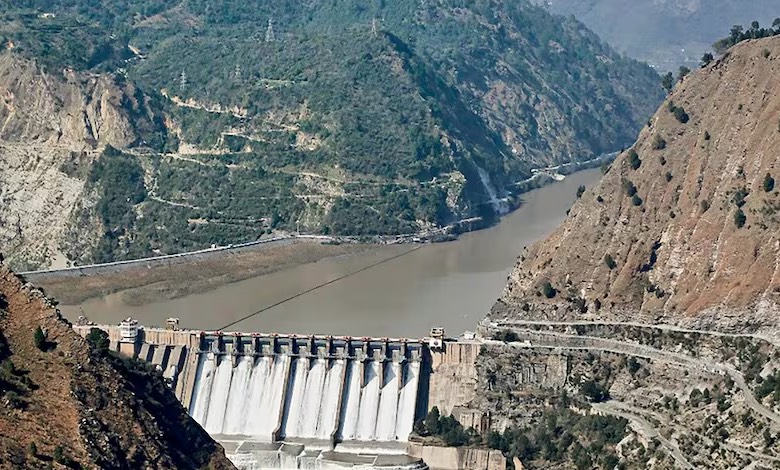India Dismisses Hague Court’s Claim Over Indus Waters Treaty

New Delhi – India has firmly rejected the authority of the Court of Arbitration at The Hague concerning disputes over the Indus Waters Treaty, labeling the tribunal as “illegal” and its proceedings void. The Ministry of External Affairs (MEA) issued a strong statement on Friday, asserting that the court’s formation violates the 1960 treaty and lacks jurisdiction to address issues related to the Kishenganga and Ratle hydropower projects in Jammu and Kashmir.
The controversy stems from a supplemental award issued by the Court of Arbitration, which claimed competence to adjudicate a dispute initiated by Pakistan regarding India’s decision to suspend the Indus Waters Treaty on April 23, following a terrorist attack in Pahalgam. The MEA emphasized that India has consistently opposed the court’s existence, arguing that its establishment breaches the treaty’s provisions. “India has never recognized the existence in law of this so-called Court of Arbitration,” the ministry stated, adding that any decisions or awards from the tribunal are “illegal and per se void.”
The Indian government’s stance is rooted in its view that the treaty, brokered by the World Bank in 1960, remains in abeyance until Pakistan halts cross-border terrorism. The MEA reiterated that no arbitral body, particularly one deemed unlawfully constituted, can question India’s sovereign actions. The statement highlighted India’s refusal to participate in the court’s proceedings, underscoring that the tribunal’s supplemental award does not address the hydropower projects directly but focuses on asserting its own jurisdiction.
India’s position aligns with its broader diplomatic response to heightened tensions with Pakistan, particularly after the Pahalgam attack, which prompted New Delhi to suspend the treaty. The 1960 agreement allocates the waters of the Indus Basin’s eastern rivers Sutlej, Beas, and Ravi to India for unrestricted use, while the western rivers Indus, Jhelum, and Chenab are largely assigned to Pakistan, with India permitted limited use for domestic, irrigation, and hydroelectric purposes. The ongoing dispute over the Kishenganga and Ratle projects reflects long-standing tensions over water resource management between the two nations.
